
Bridget Wilder: Spy-in-Training
¥39.24
Middle school meets Mission Impossible in this hilarious spy series for fans of Chris Rylander, Stuart Gibbs, and Ally Carter about a girl whose life is turned upside down when she discovers her father is a superspy.Up until Bridget’s birthday the most exciting moment in her life was when Dale Tookey maybe, sort of, smiled at her one time. But that was before—before she found a mysterious present at her doorstep, before she was transported to a covert CIA agency called Section 23, and before she became Bridget Wilder: Spy-in-Training. Now Bridget’s busting boys out of detention, being chauffeured by a talking car, and infiltrating the popular girls’ clique to steal secret codes, all while undercover as a semi-awkward middle school girl. But will she be able to keep up with her new action-packed life?It is no secret—Bridget Wilder: Spy-in-Training is the start of an explosive new series packed with gadgets, humor, and best of all: girl power.

Max: Best Friend. Hero. Marine.
¥39.24
Now a major motion picture, this movie novelization tells the story of a canine hero.When Justin's older brother, Kyle, is killed in Afghanistan, Justin can't believe that his brother is really gone. Except there's one thing that Kyle left behind….Max is a highly trained military canine who has always protected his fellow soldiers. But when he loses his handler and best friend, Kyle, Max is traumatized and unable to remain in the service.He is sent home to America, where the only human he connects with is Justin, and he is soon adopted by Kyle's family, essentially saving his life. At first Justin has no interest in taking care of his late brother's troubled dog. However, the two learn to trust each other, which helps the four-legged veteran become his heroic self once more. As the pair start to unravel the mystery of what really happened to Kyle, they find more excitement—and danger—than they bargained for. But they might also find an unlikely new best friend—in each other.
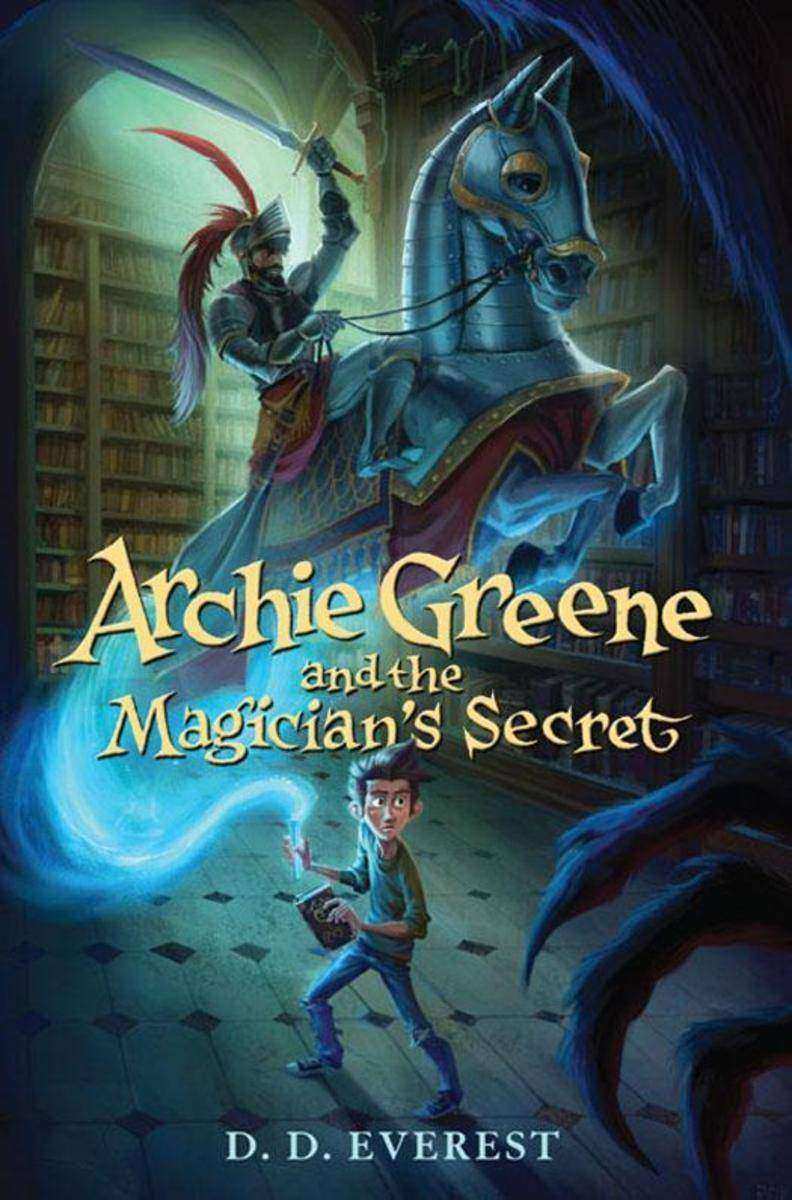
Archie Greene and the Magician's Secret
¥39.24
D. D. Everest's magical middle grade debut, filled with enchanted books and mysterious activity, is sure to captivate readers. Open this book . . . if you dare to face what awaits you inside!On his twelfth birthday, Archie Greene receives a mysterious package containing an ancient book in a language he doesn't recognize. The gift leads him to a family he didn't know he had and a world he never knew existed.With the help of his cousins, Bramble and Thistle, Archie tries to unravel the mystery behind his book, but he begins to realize that his gift is something more powerful than he could have imagined. And the only thing more perilous than its contents is being its owner. The book waited four hundred years for Archie Greene. Now Archie must discover why.
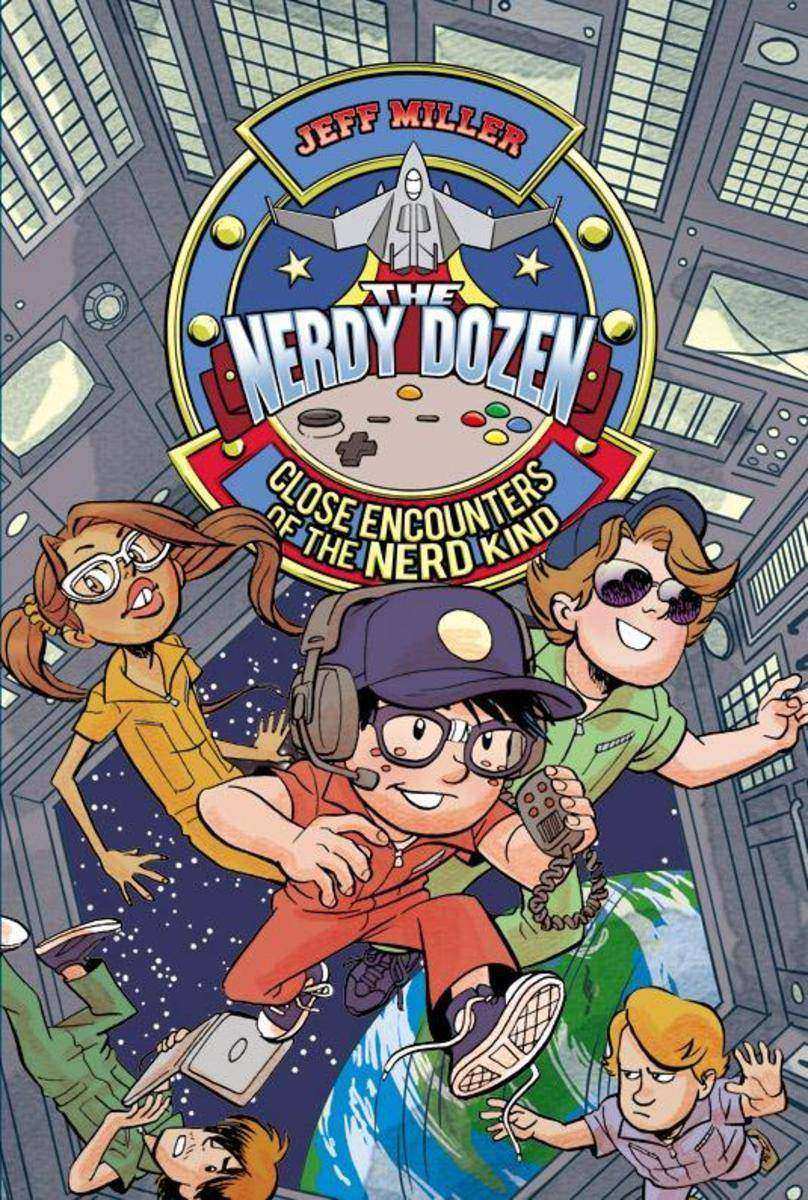
The Nerdy Dozen #2: Close Encounters of the Nerd Kind
¥39.24
In this exciting sequel to The Nerdy Dozen, Neil Andertol and his gang of dorky gamers are once again called on to fly a top-secret mission—one that is literally out of this world. This time, rescuing mankind means heading into outer space. A top-secret spacecraft has been stolen, and NASA needs the best pilots in the universe to get it back—the Nerdy Dozen. It's a race against time to stop an earth-shattering disaster. Can the twelve geeks save the day again—or will it be game over?
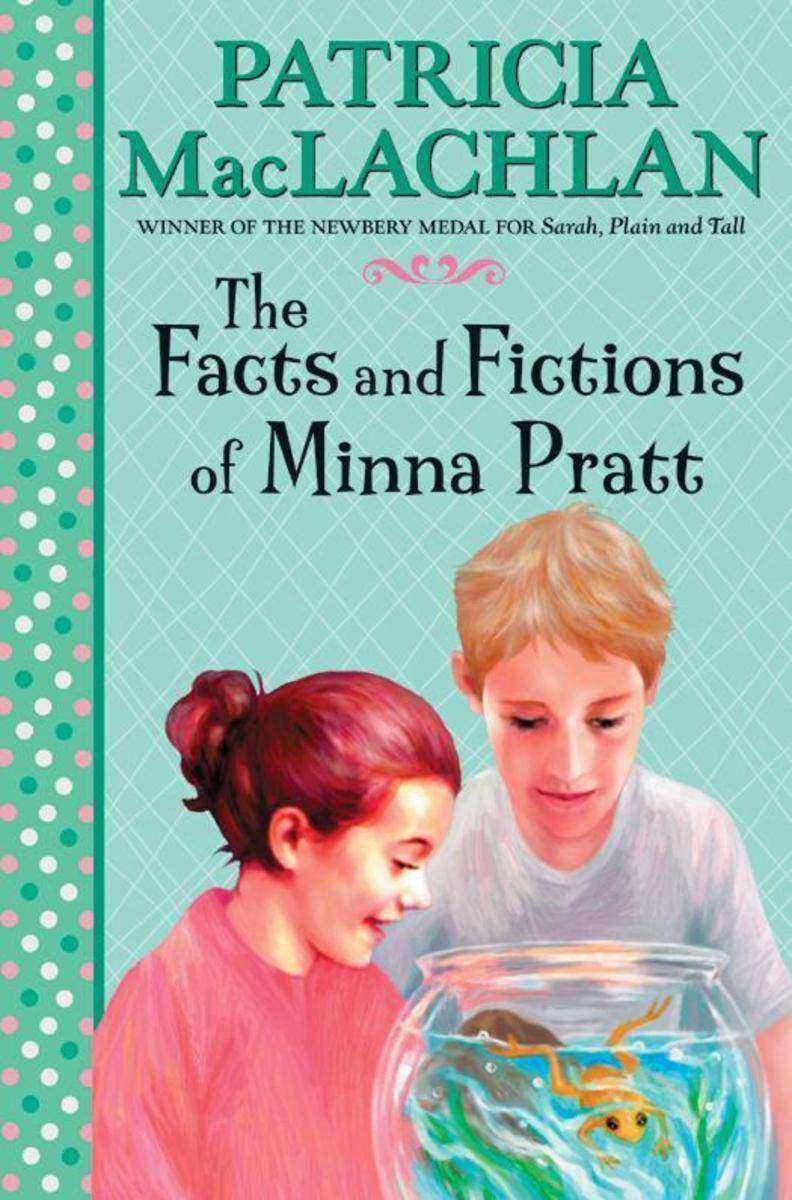
The Facts and Fictions of Minna Pratt
¥39.24
Minna wishes for many things. She wishes she understood the quote taped above her mother's typewriter:Fact and fiction are different truths. She wishes her mother would stop writing long enough to really listen to her. She wishes her house were peaceful and orderly like her friend Lucas's. Most of all, she wishes she could find a vibrato on her cello and play Mozart the way he deserves to be played.Minna soon discovers that some things can't be found-they just have to happen. And as she waits for her vibrato to happen, Minna begins to understand some facts and fictions about herself.
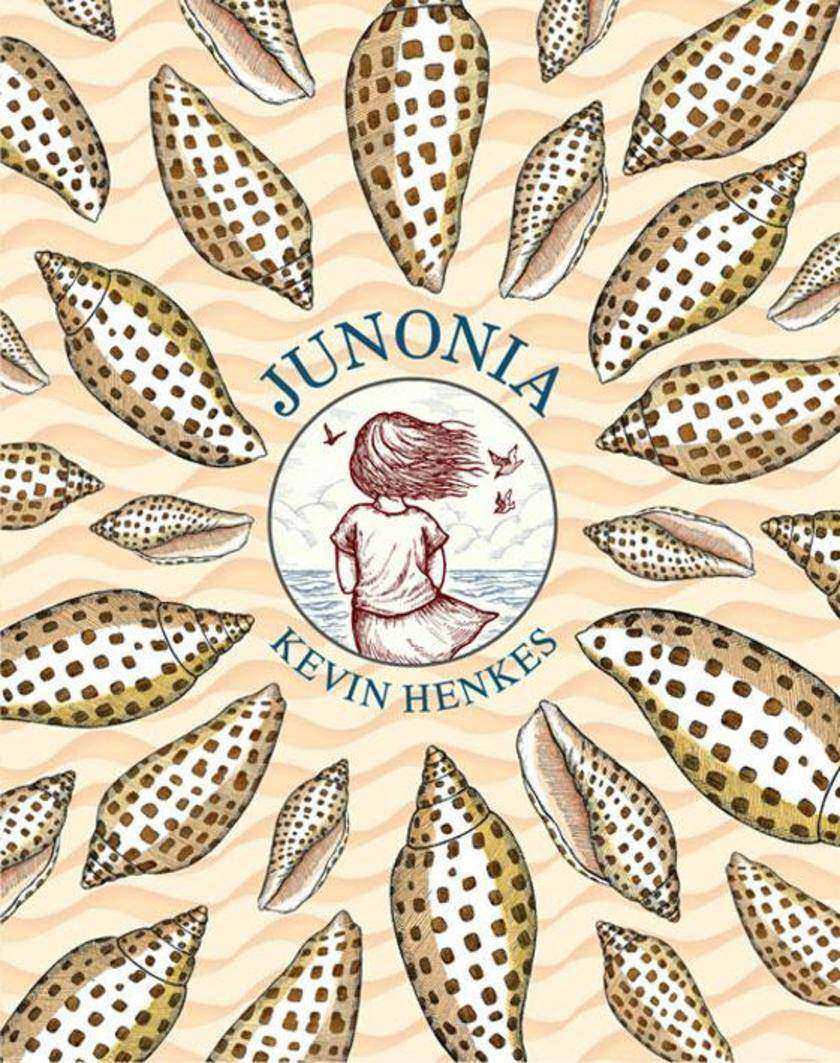
Junonia
¥39.24
Returning to the beach cottage—a cottage named Scallop—where she has always celebrated her birthday is a special occasion for Alice Rice.Who will see the first dolphin this timeThe first pelicanWhat will have changedStayed the sameAnd will this be the year she finally finds a junonia shell?Alice's friends are all returning, too. And she's certain her parents have the best party planned for her. Alice can't wait. If Alice is lucky, everything will be absolutely perfect. Will Alice be lucky?
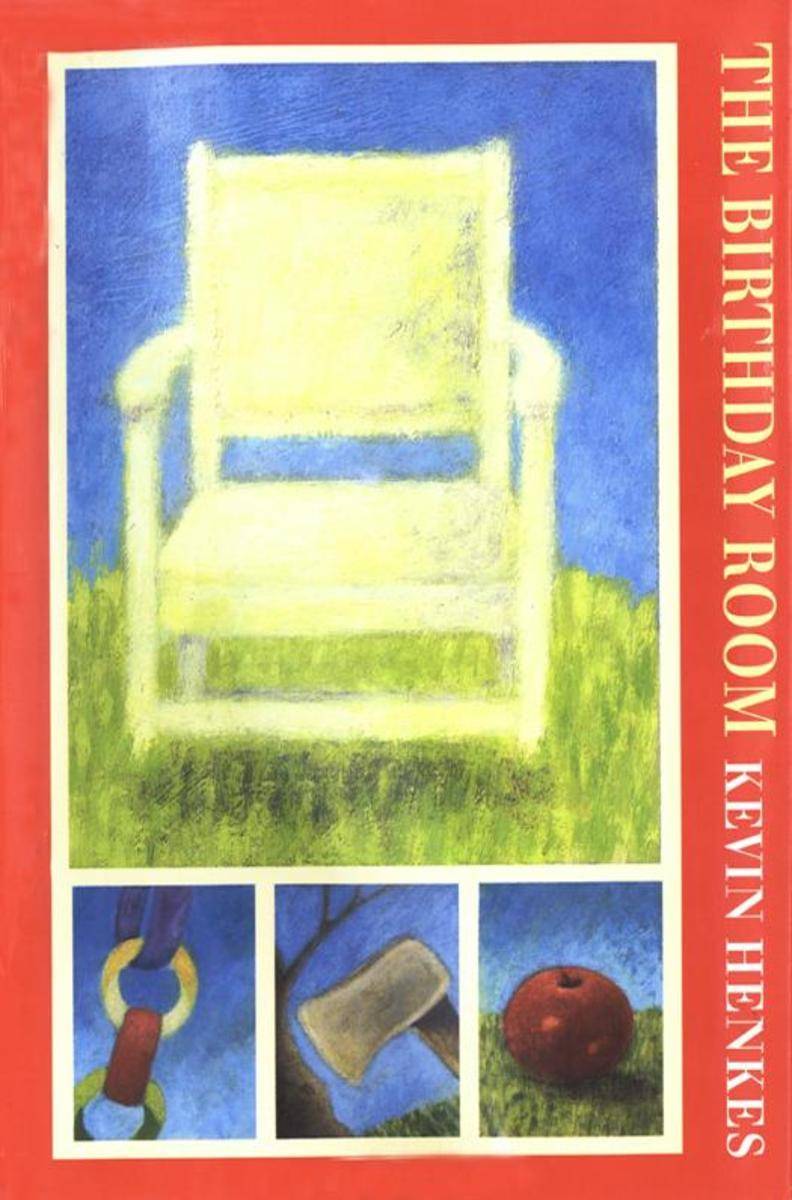
The Birthday Room
¥39.24
"Two of the things Benjamin Hunter received for his twelfth birthday took him completely by surprise: A room and a letter. The room was from his parents. The letter was from his uncle."Ben was just two years old when he and his uncle, Ian, were last together, so Ben didn't remember him. And no one in Ben's family ever talked about the man. Thenthe letter arrived, changing Ben's life, and changing his family in unexpected ways. And there was the birthday room...
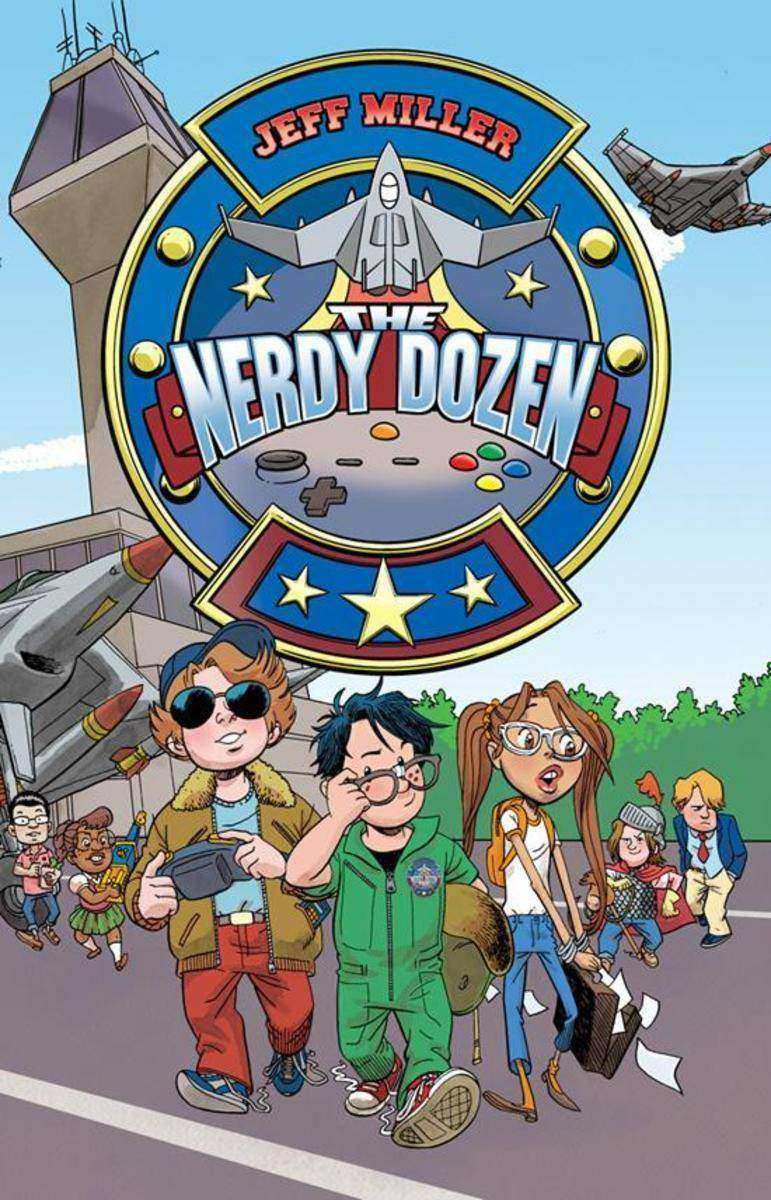
The Nerdy Dozen
¥39.24
When Neil Andertol and a motley crew of video-gaming whizzes accidentally download top-secret training software and are recruited by the military to restore a botched aircraft mission, they're no longer playing for points—they're playing to save the world! Part action movie, part slapstick comedy, debut author Jeff Miller's The Nerdy Dozen is a madcap adventure for the middle grade set.
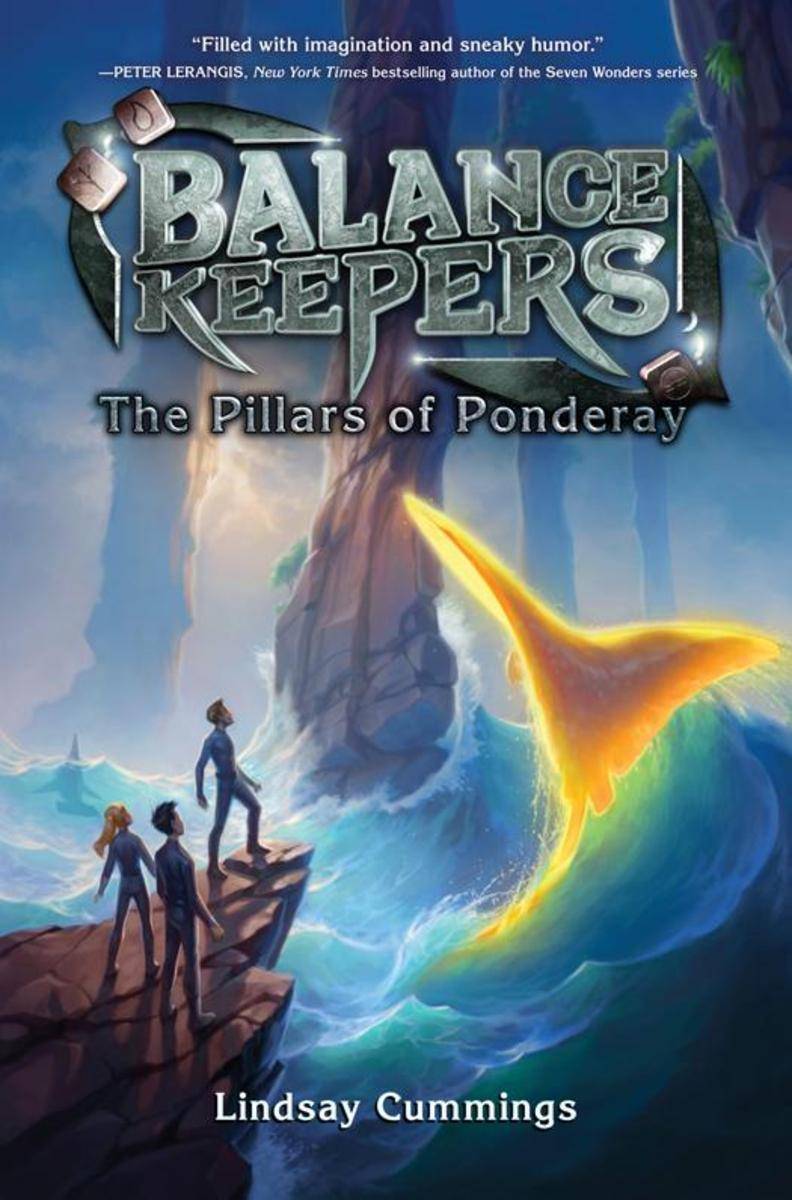
Balance Keepers, Book 2: The Pillars of Ponderay
¥39.24
This second book in Lindsay Cummings’s Balance Keepers series explodes with just as much magic, mystery, friendship, and humor as Book One. Fans of books like Brandon Mull's?The Candy Shop War?or the Unwanteds series by Lisa McMann will love the action and imagination in this epic fantasy adventure series.With both boy and girl main characters, creatures like Hammerfin sharks to battle, a traitor to expose, and a boarding school that could be described as Hogwarts underground, there's something for every reader to enjoy in this series reminiscent of the classic?Journey to the Center of the Earth. An anti-bullying theme also makes this great for in-classroom reading.In The Pillars of Ponderay, Balance Keepers Albert, Birdie, and Leroy enter the underground watery Realm of Ponderay along with their archrival, Hoyt, in an attempt to reset the Balance of the Realm. If they don’t succeed in time, all of California above could be consumed by tsunamis and hurricanes.
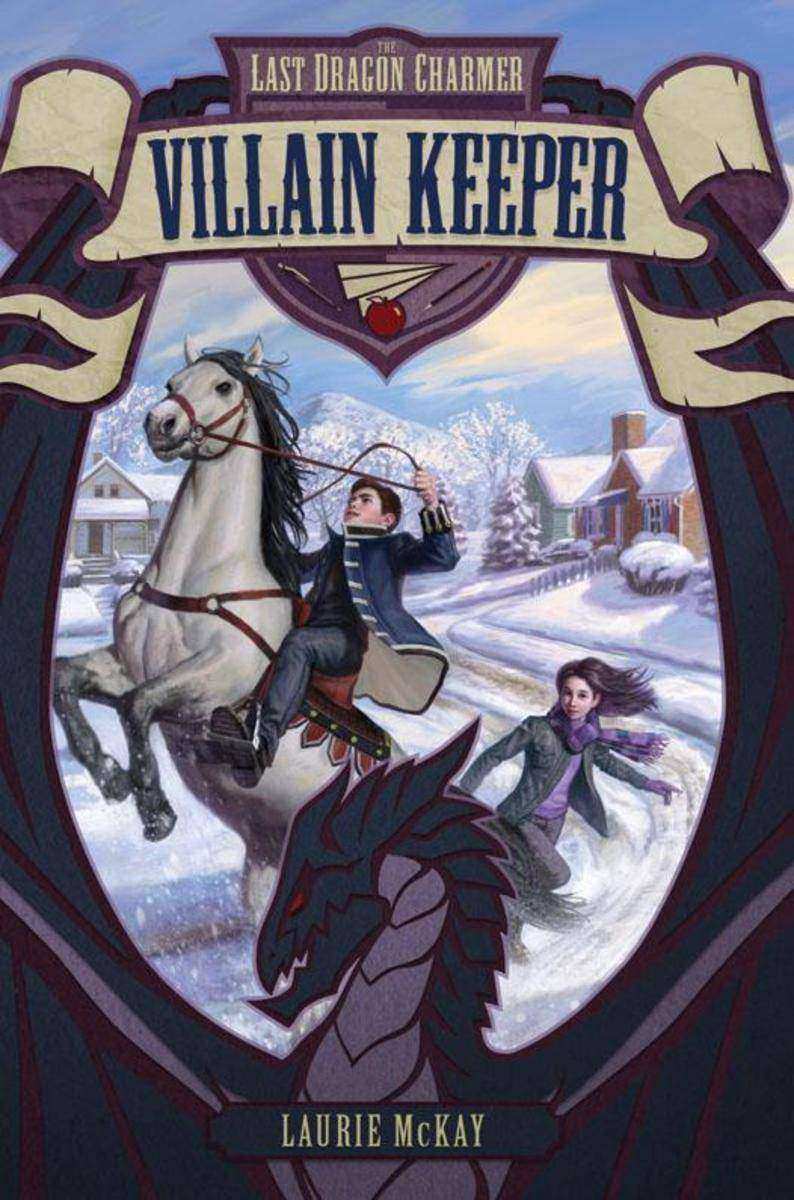
The Villain Keeper
¥39.24
This first book in the Last Dragon Charmer series is packed with adventure and wit, perfect for fans of Soman Chainani's School for Good and Evil series and Chris Colfer's Land of Stories series.All his life, Prince Caden has dreamed of slaying a dragon. But before he has the chance, he is ripped from his home in the Great Winterlands of Razzon and finds himself in Asheville, North Carolina—a land with no magic and no dragons.Or so he thinks. The longer Caden spends in Asheville, the more he comes to realize that there is unexpected and dangerous magic in this strange land. There just may be dragons here too. But what if Caden's destiny isn't to slay a dragon, after all?

St James in the Bush
¥39.14
Promoting positive community was something that just came naturally to Francis Boatwright, a pioneer educationalist who worked for many years in Mozambique. His great passion was helping others reach their potential and was also good at bringing healing to people, so they could know themselves as whole persons capable of contributing to human flourishing. Boatwright moved to Zimbabwe, a country of natural beauty, in the middle of the twentieth century with his wife Monica who had an excellent command of the Nguni languages. As they had no house at first, the Boatwrights camped out. But the bush was very thick. It wasn't long before they started getting visits from wild animals and snakes of all kinds...

Maria's Story
¥39.14
When Robin Barratt and his wife first met Maria in Moscow, they had no idea how much of an impact she would have on their own lives. From the initial interest in her story, the horror of discovering her daily struggle to survive through to active involvement in trying to improve her life. Living on the streets and begging is a harsh reality for many in Russia but for those with a disability life can be doubly cruel. Overlooked by the authorities and people who should have helped her, Maria willingly shared her story with the author who, in turn, made a promise, not only to tell the world about her situation, but to try and make a real difference. Maria's Story documents the true story of one woman's fight for survival against all the odds and those who tried to help her. It uncovers the truth of how many people continue to live in poverty in one of the world's most vibrant cities. Desperately sad, haunting but frequently uplifting, this book is a tale about overcoming adversity and, above all, never losing hope.
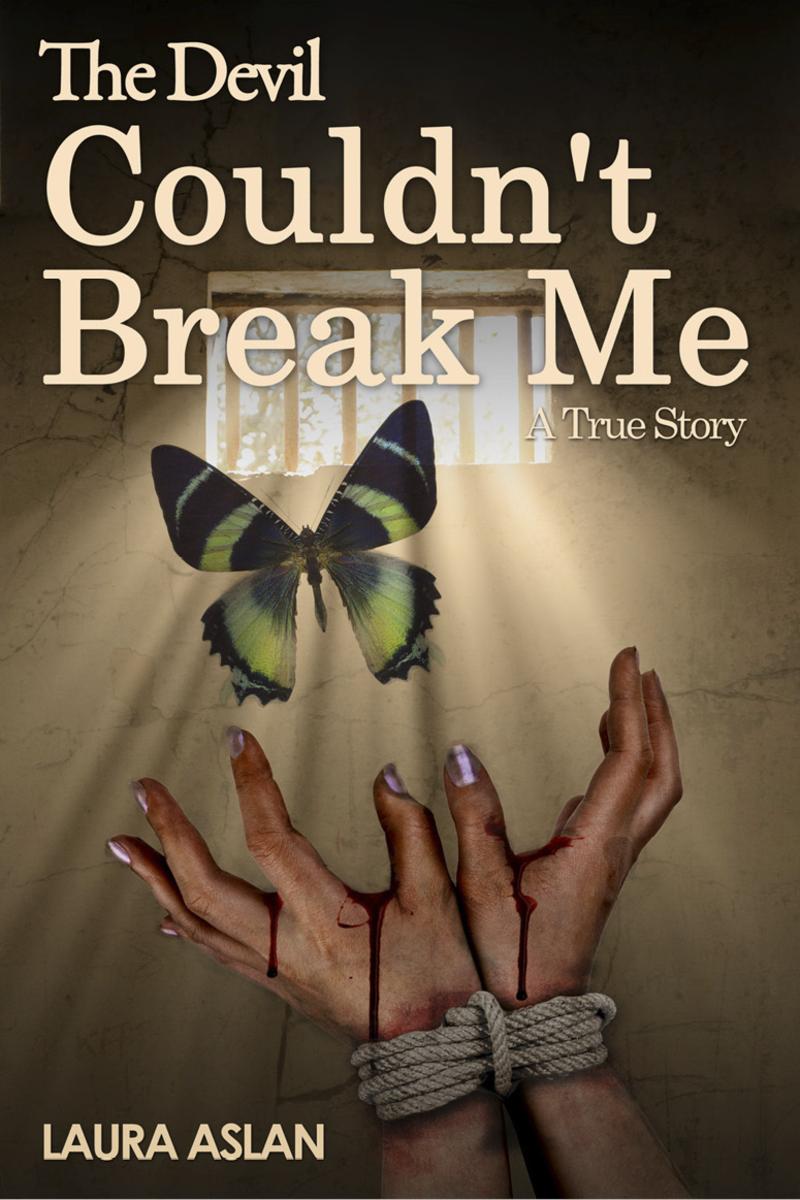
Devil Couldn't Break Me
¥39.14
Laura was just eighteen years of age when she fled her family home on the Serbian Kosovo border at the height of the former Yugoslavian conflict. Her father felt she would be safer in Kosovo, free from the rape camps, massacres and ethnic cleansing that took place on their doorstep, the streets of the capital patrolled by US peacekeeping forces. Reluctantly she made the long journey through the mountains and eventually arrived in Pristina. Neither Laura or her father were aware she had entered a city one US delegate described, "e;as one vast crime scene."e; She had no idea what terrors lay ahead, as she crossed the path of 'The Chief', a self professed freedom fighter in the Kosovan Liberation Army. On the face of it The Chief' claimed to be fighting a noble cause. Behind closed doors he was the mastermind of a huge operation dealing in organ harvesting, people trafficking and prostitution and his evil gang raped tortured and killed at will. Laura had stumbled through the gates of hell. Follow her quite unbelievable true story of kidnap, murder, brutality and abuse set against the backdrop of one of Europe's most recent and bloody conflicts and how she encountered some of the most evil men on the planet.This is Laura's story of courage and hope and how some of the most evil men on the planet did not break her spirit.

Fight For Your Dream
¥39.14
This compelling autobiography details the true life story of one woman's fight for survival. It details the depth of resilience that some extraordinary individuals can display when facing their own mortality. Fight for your dream epitomises Elaine's life story and personal struggle with breast cancer, OCD and depression. It is an inspirational, honest and often humourous account of how one Alpaca and one Llama gave Elaine a lifeline to hang onto and formed the catalyst to change her life forever. From government office worker, to award winning Alpaca breeder, businesswoman and self made millionairess this is Elaine's true life story. This amazing read gives a heart warming and moving account into her incredible journey to success.
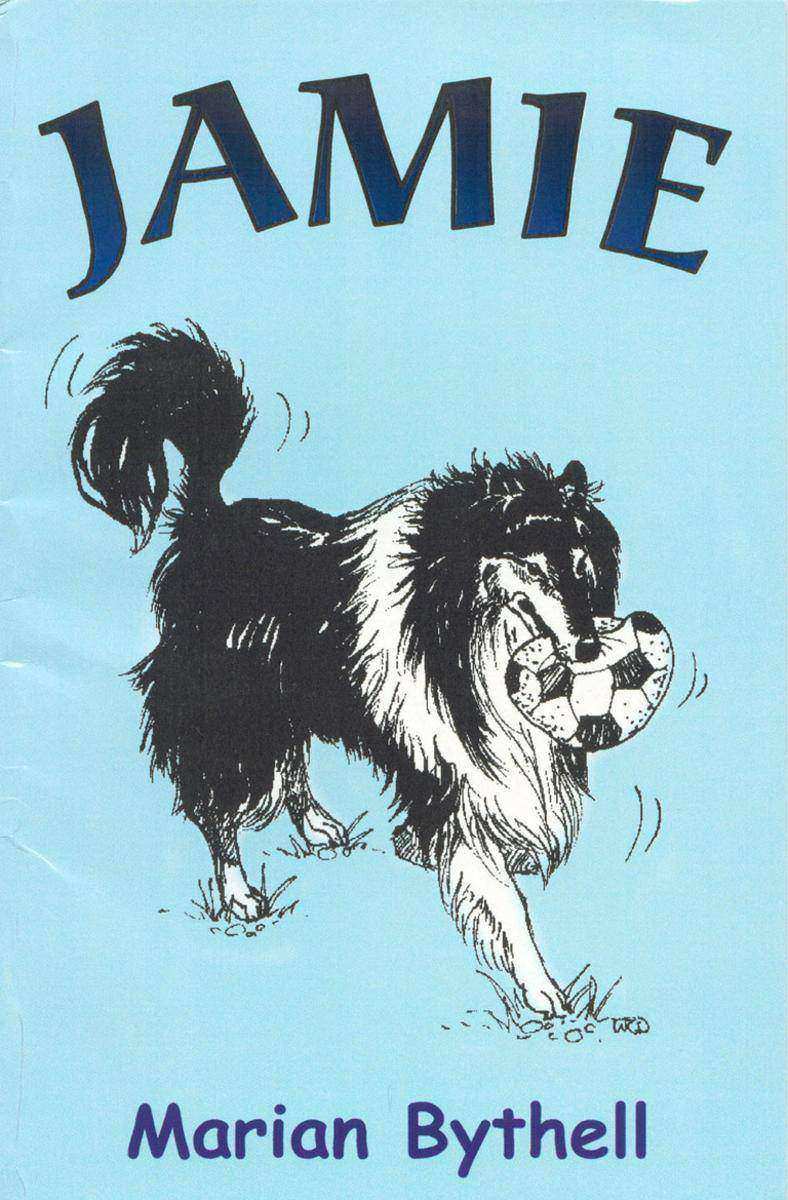
Jamie
¥39.14
Jamie is a long-haired, bearded collie, bursting with life and energy, but his sense of fun and his lively curiosity are apt to lead him into trouble.Written in rhyme, Marian Bythell recounts some of the adventures of the rollicking, frolicking, lovable dog.This lovely book, which is skilfully illustrated, will not only captivate the imagination of young children, but will also appeal to all ages.
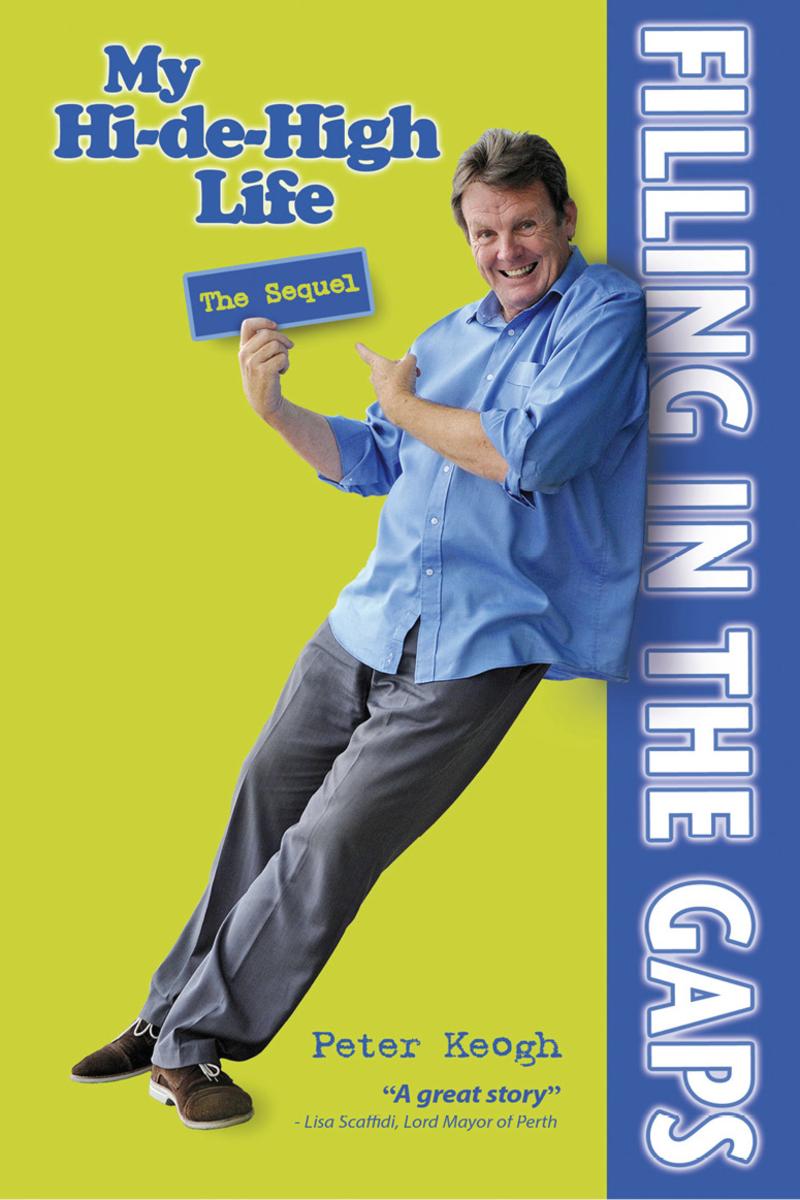
Filling in the Gaps
¥39.14
Filling in the Gaps follows on from Peter Keogh's acclaimed and popular autobiography My Hi-de-Highlife: Before, During and After Su Pollard. This exciting sequel explores aspects of Peter's life that were left out of his autobiography, including how a gay boy raised on a farm, and in spite of abuse both physical and emotional, was finally able to come out as a homosexual man. This book is at times comical, sexual and heartbreaking and provides further insight into Peter's relationships with people like Debbie Reynolds, Australian producer John Frost and a distasteful encounter with a famous English MP. The book also reveals more of Peter's life with the stars, his well-publicised trial in London and his relationship with his partner of 25 years, Sacha. Peter's life has been a complex mix of highs and lows and his experiences have ranged from hilarious to terrifying. Filling in the Gap details how, against difficult odds, Peter has managed to survive to be the man he is today and will inspire people of all ages, gay or straight, to realise that there is light at the end of every dark tunnel.
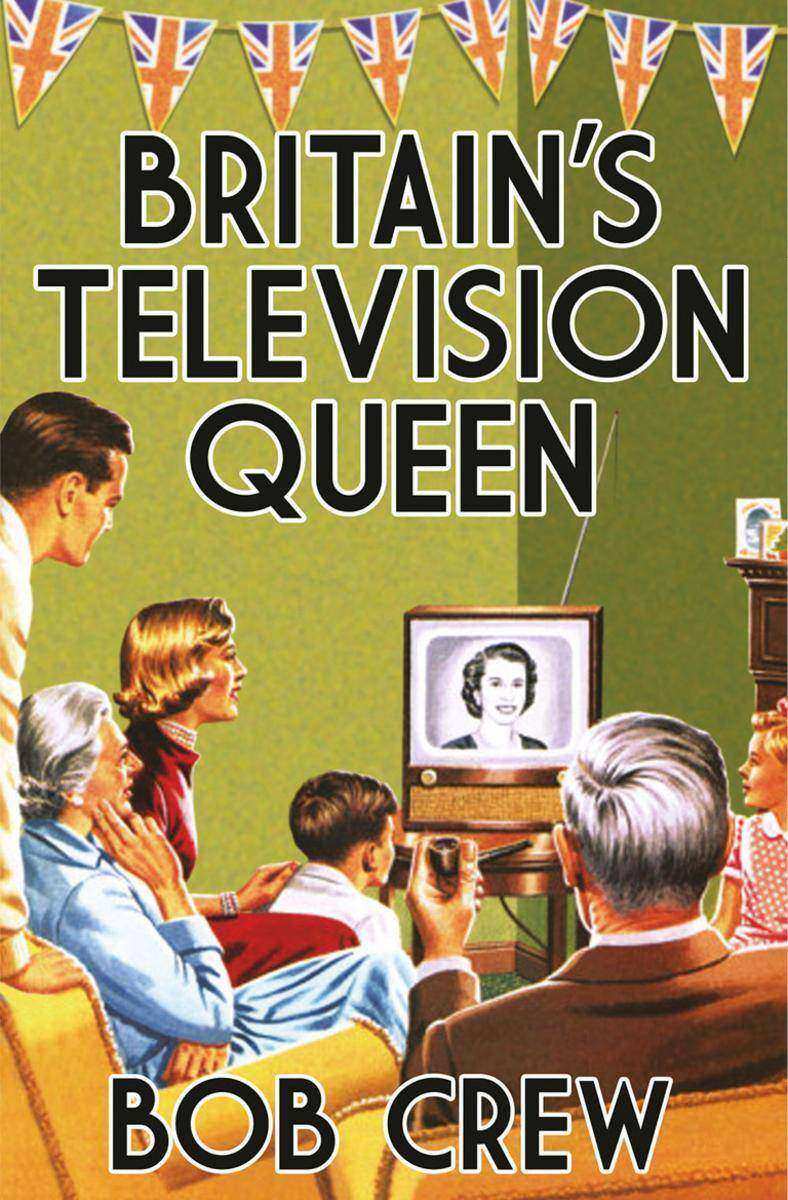
Britain's Television Queen
¥39.14
Focusing purely on Queen Elizabeth II's relationship with television, this book shows how she was ahead of the game in helping to change the face of British television from the outset of her reign in 1953 when she let the cameras into Westminster Abbey. The Queen embraced television at a time when Winston Churchill and her government advisors recommended that she should keep them out - on the grounds that the cameras would destroy her royal mystique - right through the 1950s which was Britain s television decade (for reasons that are not generally understood today), when Britain became the first nation in the world to have public service television. In 1969 the Queen opened the doors to the cameras once again for the invention of Britains first family-reality-TV, fly-on-the-wall programme, showing how she and her husband the Duke of Edinburgh and their children, Charles and Anne, went about their daily lives, thereby giving the seal of royal approval to reality-TV, ahead of the first programmes in the United States and the UK that followed in her wake. Queen Elizabeth II can accurately be described as a television queen, the first monarch to understand and embrace television and, in particular reality-TV, which is why she was light years ahead of other royals and her government ministers. Television was for her a right of passage and, not until she ran into bad and stormy weather with Princess Diana in the 1980s and 1990s, did she have any image problems with television. These problems no longer remain today, evidently, as once again the television arrangements are in full swing for her Diamond Jubilee celebrations this June. Queen Elizabeth II remains the most televised and visualised person in the world.
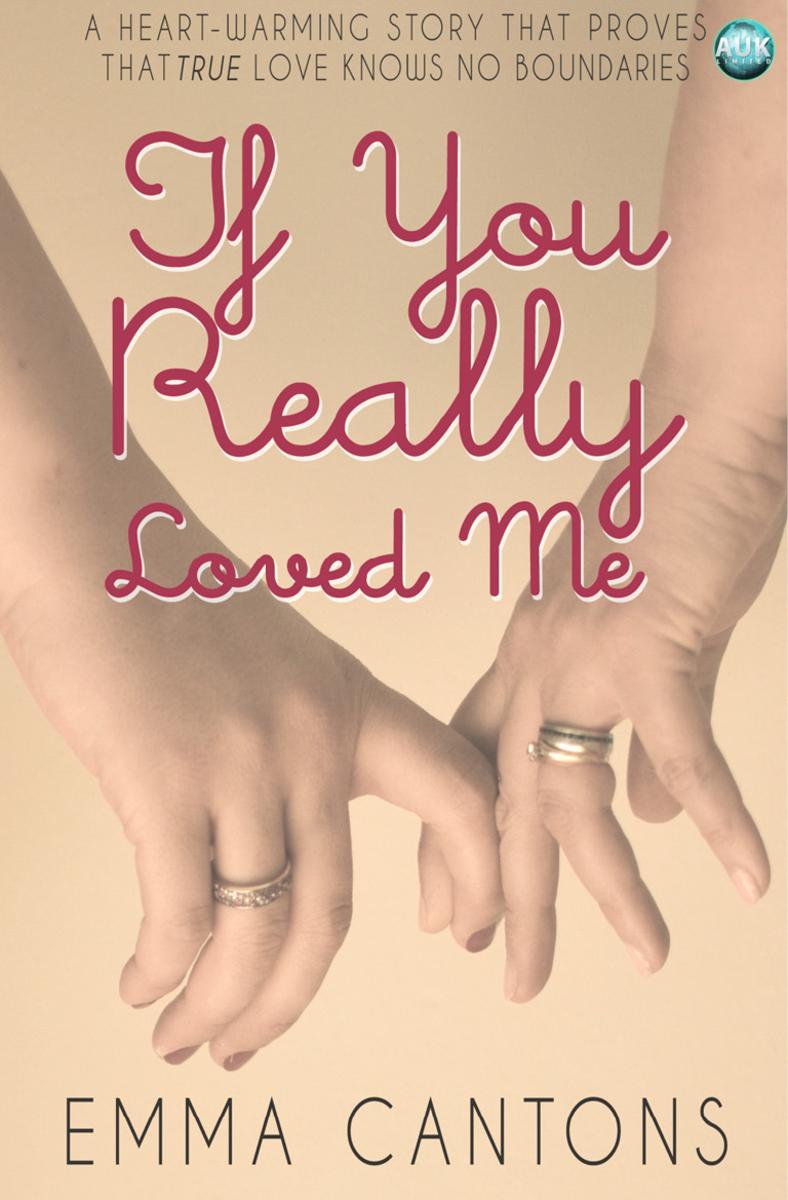
If You Really Loved Me
¥39.14
This is the story of how, and why, Emma Cantons stayed with her husband Anthony after she discovered he was a transexual woman. The book covers three years from the moment when Victoria declared her existence, to their vow renewal celebration in 2012.
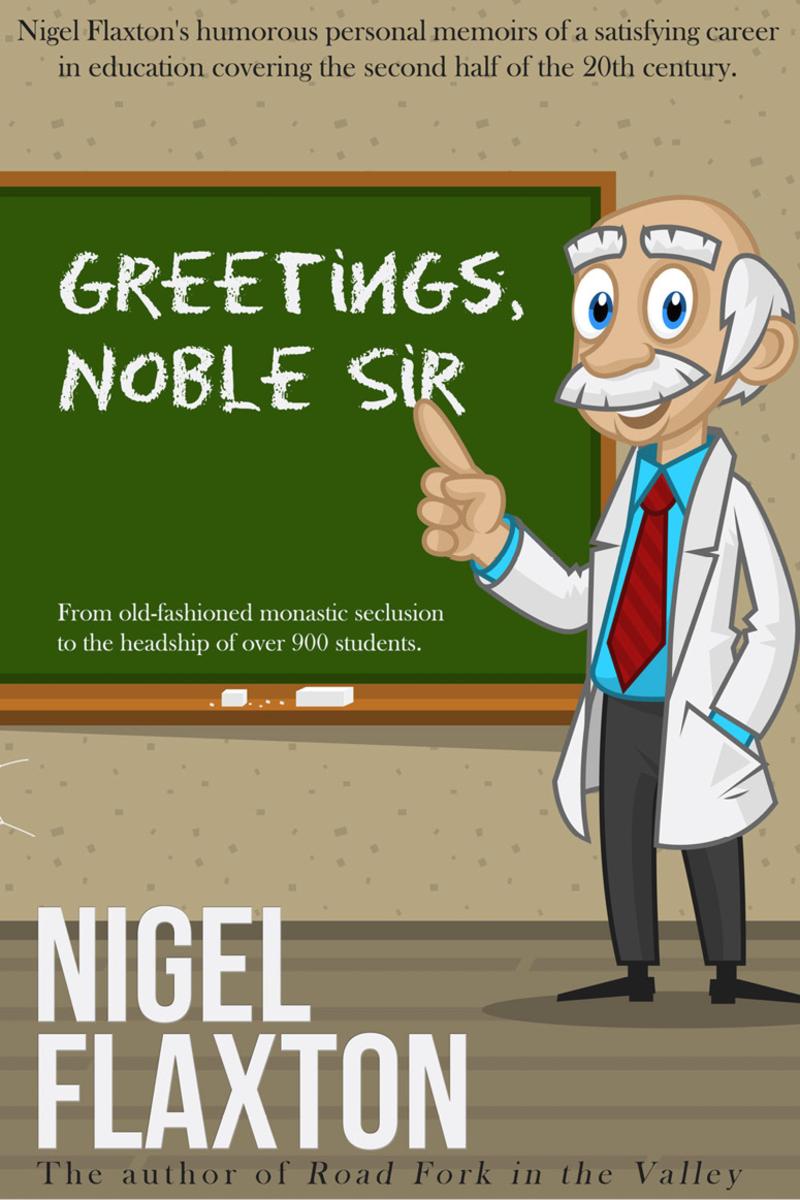
Greetings Noble Sir
¥39.14
Nigel Flaxton enjoyed a satisfying career in education covering the second half of the 20th century, This is an account of some of his experiences from old-fashioned monastic seclusion in training college just after the Second World War to three headships of new schools, the last being an upper school of over 900 students. Written with gentle humour, often at his own expense, he also comments on the very considerable changes in education in a broad sense during that period. He includes nearly two years in the RAF, to which he was frustratingly called up shortly after he qualified and his unprecedented promotion to Sergeant after one year. .Following what he expected was retirement he continued with government initiatives encouraging greater use of modern technology in schools, then further part-time support to schools using timetable software. This is not just a book for professionals. It will be of interest to anyone who enjoys reading other people's personal memoirs, especially someone with an obvious sense of humour.
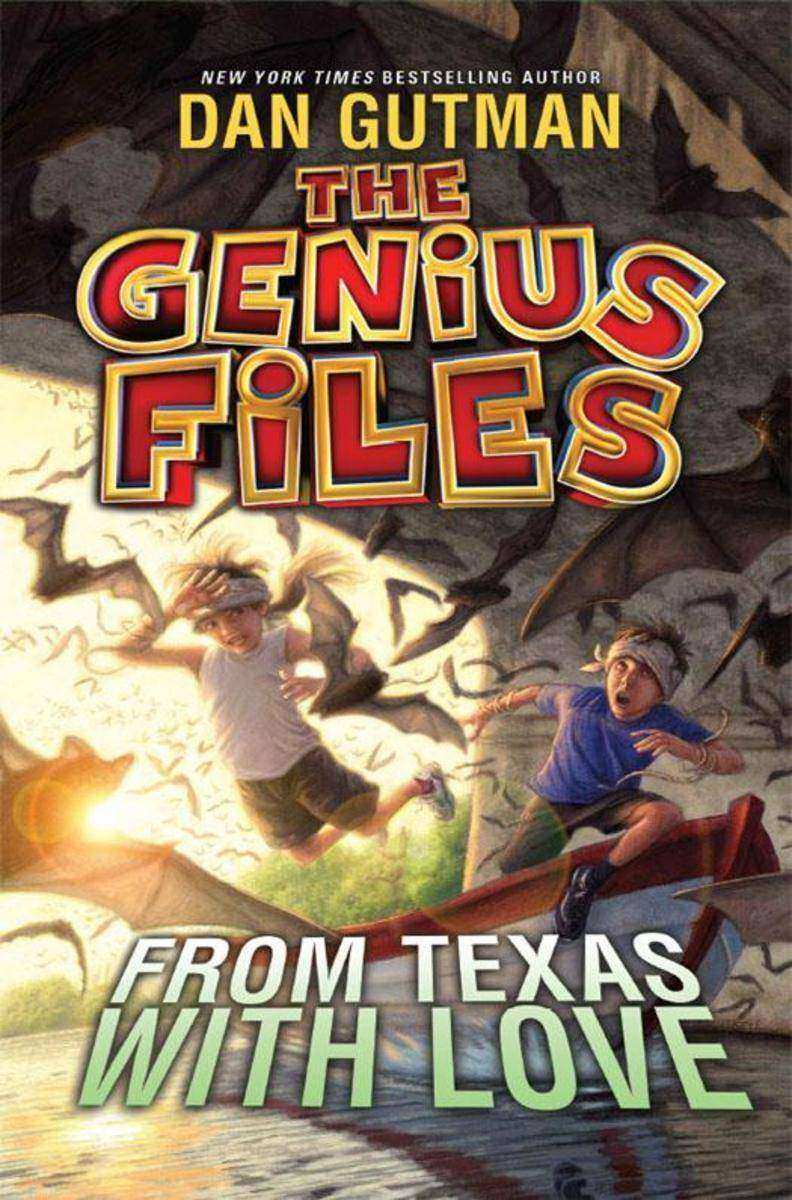
The Genius Files #4: From Texas with Love
¥39.13
The wackiest road trip in history continues in book four of the New York Times bestselling Genius Files series, following twins Coke and Pepsi as they dodge villains and visit weird-but-true landmarks from Texas all the way to Roswell, New Mexico!After their explosive escape at Graceland, twins Coke and Pepsi are ready to resume their trip across America—only now in a convertible instead of the RV. They travel through Arkansas and Oklahoma, visiting weird-but-true tourist stops along the way, and finally end up in Texas, home of the Weird Capital of the Country, Austin. The twins' many enemies—the bowler dudes, Mrs. Higgins, and Dr. Warsaw—all swear that they're done chasing Coke and Pepsi for good. But when the twins start receiving more codes and ciphers from a mysterious robotic voice, they know someone's after them. They just have to figure out who before the mystery villain finds them first.With the real-kid humor that has earned him millions of readers around the world, and featuring all new weird-but-true locations around America, this fourth book in the New York Times bestselling Genius Files series is absolutely batty!

Seekers: Return to the Wild #4: Forest of Wolves
¥39.13
Erin Hunter's New York Times bestselling Seekers series continues in the fourth book in the Return to the Wild story arc. With its thrilling blend of action and suspense, this epic animal fantasy is perfect for fans of the #1 nationally bestselling Warriors series.After a harrowing journey, the four bears finally arrive at Toklo's former home. Toklo is thrilled to be in the mountains, surrounded by warm memories of his cubhood, but his homecoming has come at a price. Yakone is dangerously ill and may not survive. Meanwhile, Lusa is unsure of what her future holds. Is she ready to find her own way if it means leaving her friends—the only family she has left?Also includes a sneak peek at Seekers: Return to the Wild #5: The Burning Horizon!




 购物车
购物车 个人中心
个人中心



